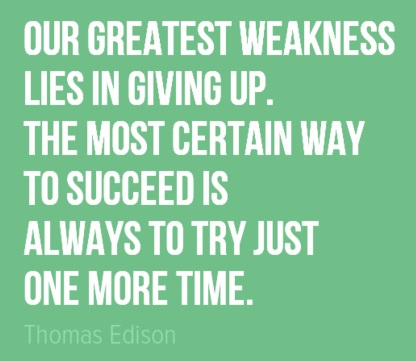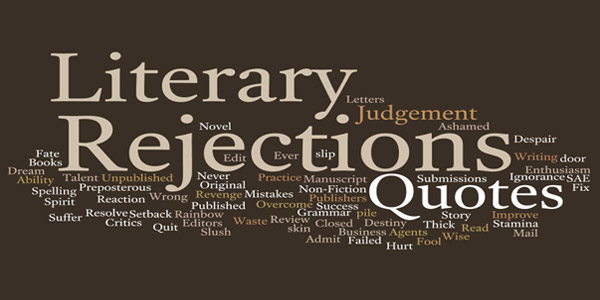The controversy surrounding Simone Biles' decision to withdraw from several events at the Tokyo Olympics has shown all too clearly how many judge her. Without discussing any merits (or lack thereof), Simone and other public figures face the same thing authors do- constant judgement.
In no way am I equating the difficulty of her position nor the harshness of public commentary to what other authors and myself receive, but it's akin. Authors are constantly judged: by editors, agents, bloggers, libraries, booksellers, review organizations, readers, other authors, and even family and friends, to say nothing of our own judgements. Too many people say "toughen up" to athletes, artists, authors, and others in the spotlight because we "chose" to be in the spotlight.
Um, not necessarily. Like Simone, I want to use my talent. She does impossible, death-defying leaps and flips, I write stories. Just because we exercise our talents and the world views them, doesn't mean that we should be open to any and all criticisms. Yes, it comes with the job, but no, that's not a free license. While most of the criticism and judgement I've received as an author has been constructive and made me a better writer, not all of it was, even by industry 'experts.' Sometimes it felt patronizing, condescending, even cruel. Kind of like a middle-aged broadcaster sitting on his butt who never excelled in anything athletic telling Simone that she's weak and an embarrassment and she needs to toughen up mentally because he doesn't understand the sport or the situation. Armchair gymnast. But she has shown herself to be graceful, poised, and defiant. A class act all the way. That's the lesson, hard as it is to bear (trust me, I know), that authors, especially beginning ones, need to learn. We are creating an entertainment and as such, it opens us up to criticism from all sides. Some can deal with it, others can't. Even with a bestseller, there's always commentary from those who don't write about the next success, the next achievement, and how long till then, and what the public expects. One can study and memorize all the moves a gymnast makes, but in the end, without having performed them, the person criticizing is not a total expert. Likewise, one can read all the books, write critical essays and point out flaws, but if it's from the perspective of someone who doesn't write, well, it's not the absolute. I've been given bad advice from experts, but the thing to remember is the perspective- it's theirs and it won't necessarily be the best from my perspective.
I'm not going to tell anyone to get a 'thick skin' which new writers are constantly advised. Take from the criticisms what you will, what you agree with, what works. In the end, it's your journey and sometimes you have to ignore the noise from the crowd and do your own thing.
Keep writing- and believing in yourself. Be a Simone Biles.
Char

























